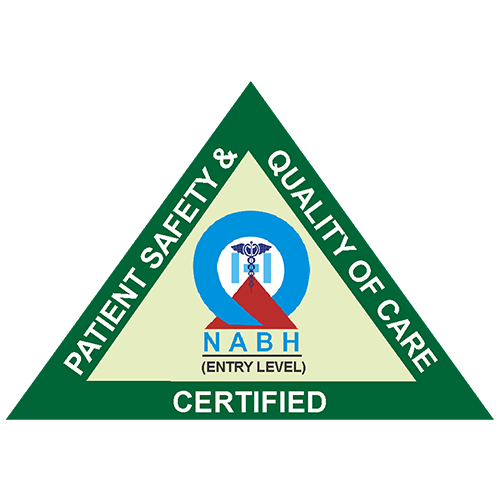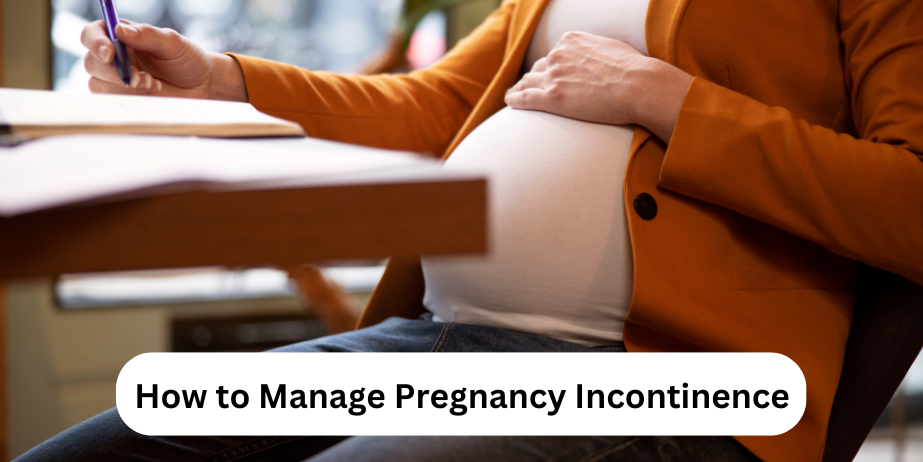Introduction:
Pregnancy is a beautiful journey filled with anticipation and joy, but it also comes with its unique challenges, one of which is pregnancy incontinence. This condition, characterized by involuntary urine leakage during pregnancy, is common and affects many expectant mothers. In this blog, we’ll explore the causes of pregnancy incontinence and provide practical tips for managing and minimizing its impact on your daily life.
Understanding Pregnancy Incontinence:
Pregnancy incontinence, also known as urinary incontinence during pregnancy, can occur at any stage of pregnancy but is more prevalent in the later trimesters. It is often attributed to the hormonal changes and physical pressure exerted on the bladder and pelvic floor muscles by the growing uterus. Pregnancy incontinence can manifest as occasional leakage, especially when coughing, sneezing, laughing, or engaging in physical activities.
Tips for Managing Pregnancy Incontinence:
1) Pelvic Floor Exercises: Kegel exercises, which involve contracting and relaxing the pelvic floor muscles, can help strengthen the muscles that control bladder function. Aim to perform Kegels regularly throughout your pregnancy to improve bladder control and reduce urine leakage.
2) Stay Hydrated: While it may seem counterintuitive, staying hydrated is essential for maintaining bladder health during pregnancy. Dehydration can worsen urinary symptoms, so be sure to drink plenty of water throughout the day. However, try to avoid excessive fluid intake close to bedtime to minimize nighttime trips to the bathroom.
3) Maintain a Healthy Weight: Excess weight gain during pregnancy can put additional pressure on the bladder and pelvic floor muscles, exacerbating urinary incontinence symptoms. Aim to maintain a healthy weight through regular exercise and a balanced diet recommended by your healthcare provider.
4) Practice Good Bathroom Habits: Go to the bathroom regularly, even if you don’t feel the urge to urinate, to prevent the bladder from becoming too full and triggering leakage. When using the bathroom, take your time to empty your bladder completely and avoid rushing.
5) Use Protective Products: Consider using absorbent pads or liners designed for urinary incontinence to manage any leakage episodes discreetly. These products can provide added confidence and comfort, especially when out and about or during physical activities.
6) Seek Professional Support: If you’re experiencing significant or persistent urinary incontinence during pregnancy, don’t hesitate to discuss your symptoms with your healthcare provider. They can offer personalized advice, recommend pelvic floor therapy, or refer you to a specialist if necessary.
Conclusion:
Pregnancy incontinence is a common and manageable condition that many expectant mothers experience during pregnancy. By implementing these practical tips and strategies, you can effectively manage pregnancy incontinence and focus on enjoying this special time in your life. Remember to prioritize self-care, stay proactive in addressing your symptoms, and seek support from your healthcare provider when needed. With the right approach, you can navigate pregnancy incontinence with confidence and ease.





I do believe all the ideas youve presented for your post They are really convincing and will certainly work Nonetheless the posts are too short for novices May just you please lengthen them a little from subsequent time Thanks for the post
I loved as much as youll receive carried out right here The sketch is tasteful your authored material stylish nonetheless you command get bought an nervousness over that you wish be delivering the following unwell unquestionably come more formerly again since exactly the same nearly a lot often inside case you shield this hike